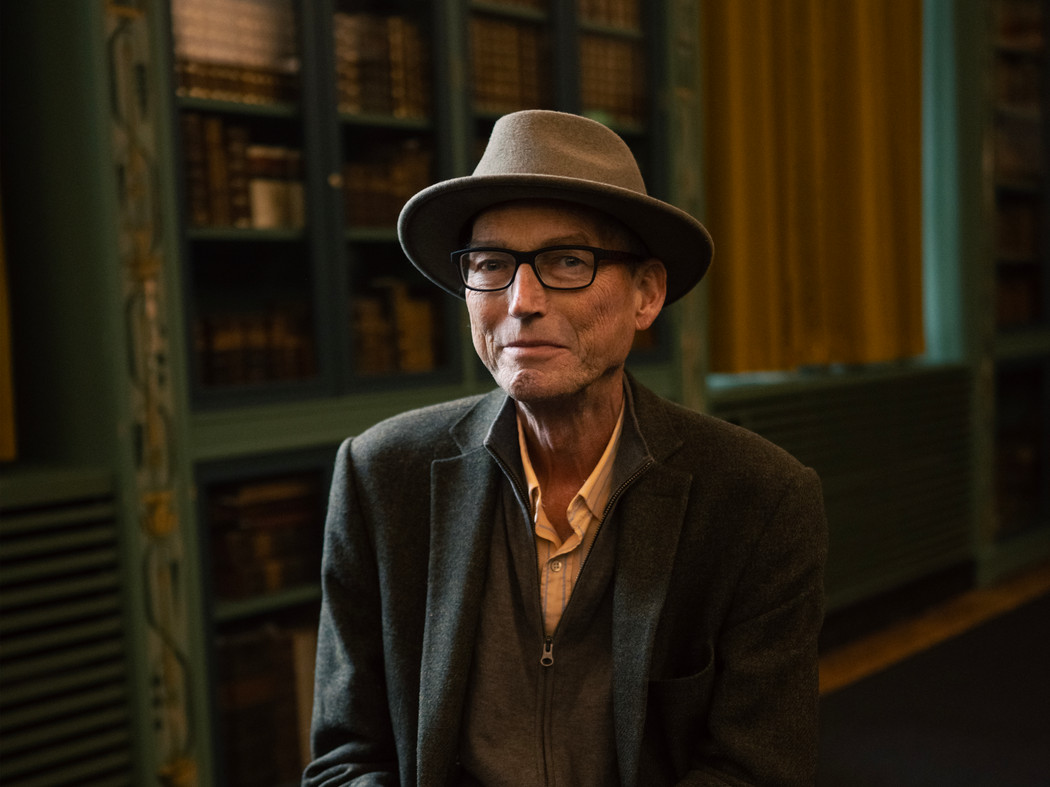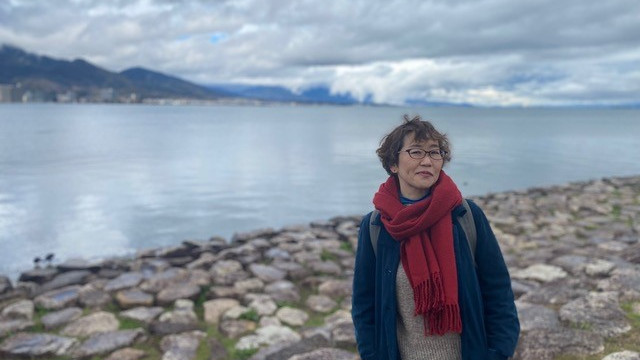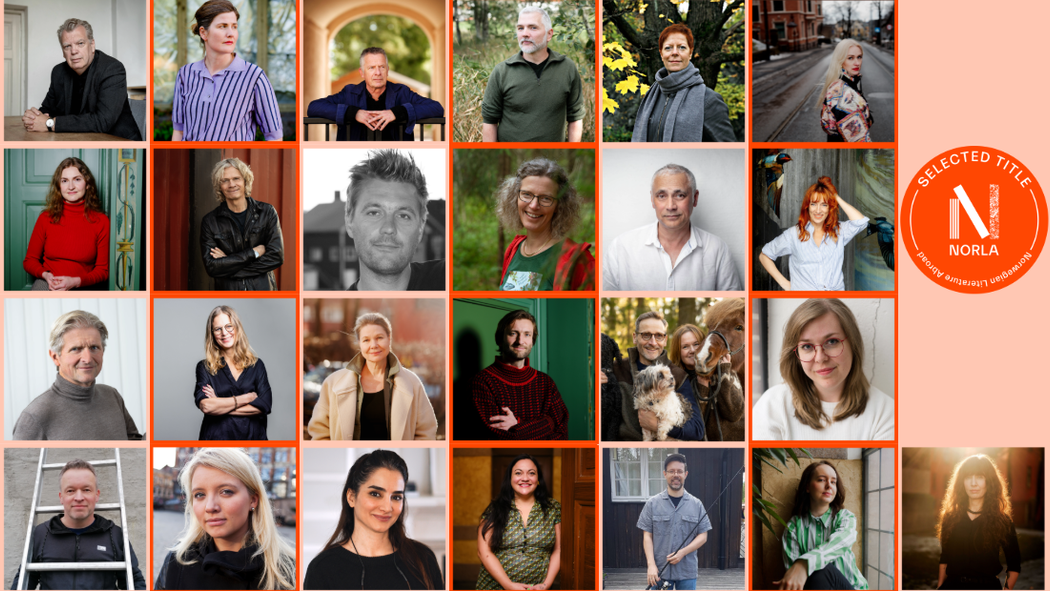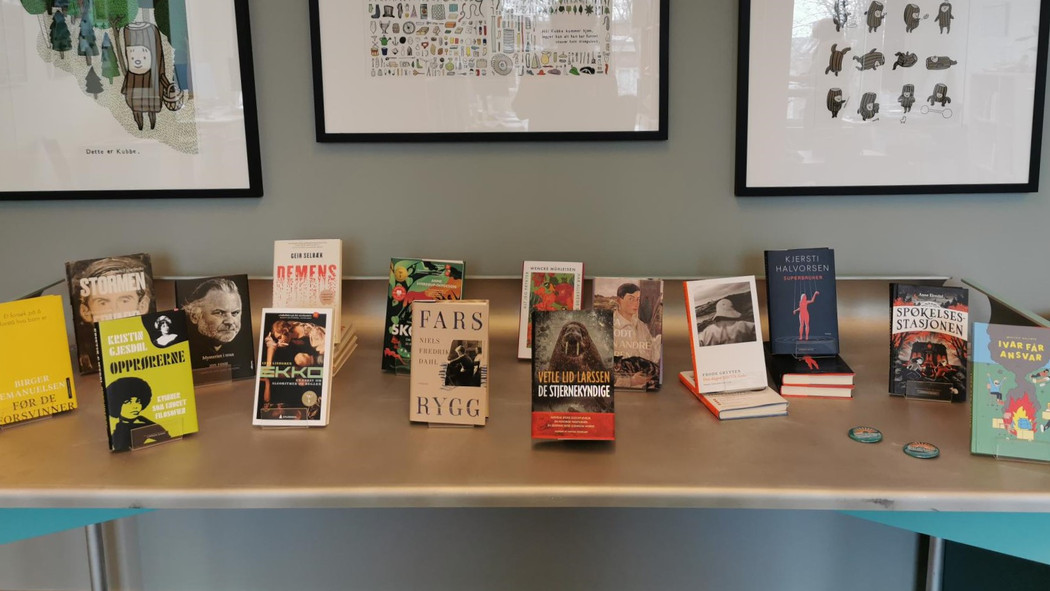Thomas Hylland Eriksen - Selected Title Author
Thomas Hylland Eriksen has always been interested in the meaning of life. – As a social anthropologist and a Curious George, I have learnt a lot from other people, and felt that now was the time to think through and disseminate some of what I have learnt, he says.

Seven Meanings in Life. The threads that connect is one of NORLA’s Selected Titles for autumn 2023. Here, author Thomas Hylland Eriksen speaks about the book, who it is written for, what inspired him to write it and where and when he works best.
What is your book about?
It’s about what makes life meaningful. It is – to put it mildly – not the first time someone’s tackled this theme, but pondering the meaning of life is one of the things that makes us humans different from both algorithms and chimpanzees, and we will always continue to ask these questions. Humanity has made great strides in science and technology, but when it comes to questions about the true and good life, the ideal society, justice, and morality, we are contemporaries with both Aristotle and Montaigne, who are two of my conversation partners along the way. It’s not a self-help book, but rather an invitation to dialogue and reflection.
What inspired you to write this book?
Since I was young, posing as a world-weary depressive in black garb, and believed – along with the pessimistic philosopher Peter Wessel Zapffe – that life was meaningless, the theme has preoccupied me. As a social anthropologist and generally curious person, I’ve subsequently learned a great deal from other people from many cultures. Now was the time to reflect on and convey some of what I’ve learned.
Who is this book for?
It’s tempting to say “everyone,” but that’s probably a little over the top. I hope to connect with readers who might be more interested in questions than answers, and with those who haven’t stopped asking simple but complex questions. There’s also a cultural critique here: some of the meanings of life are scarcity, slowness, relationships, and the art of dying – and none of these have a particularly high status in an affluent society where individualism and consumption are central values.
Where and/or when do you work best?
For a long time, it was after the kids had gone to bed; by now, they’ve long since moved out, but it’s still in the evenings – perhaps after a wee post-dinner nap – that I can really get into gear. At that point, I can work anywhere at all, with a few music breaks along the way. This rhythm can have unfortunate consequences in my work life since morning persons rule the world, but I’m willing to pay the price.
Read more
See full presentation of the book here
See all NORLA’s Selected Titles for autumn 2023 here


